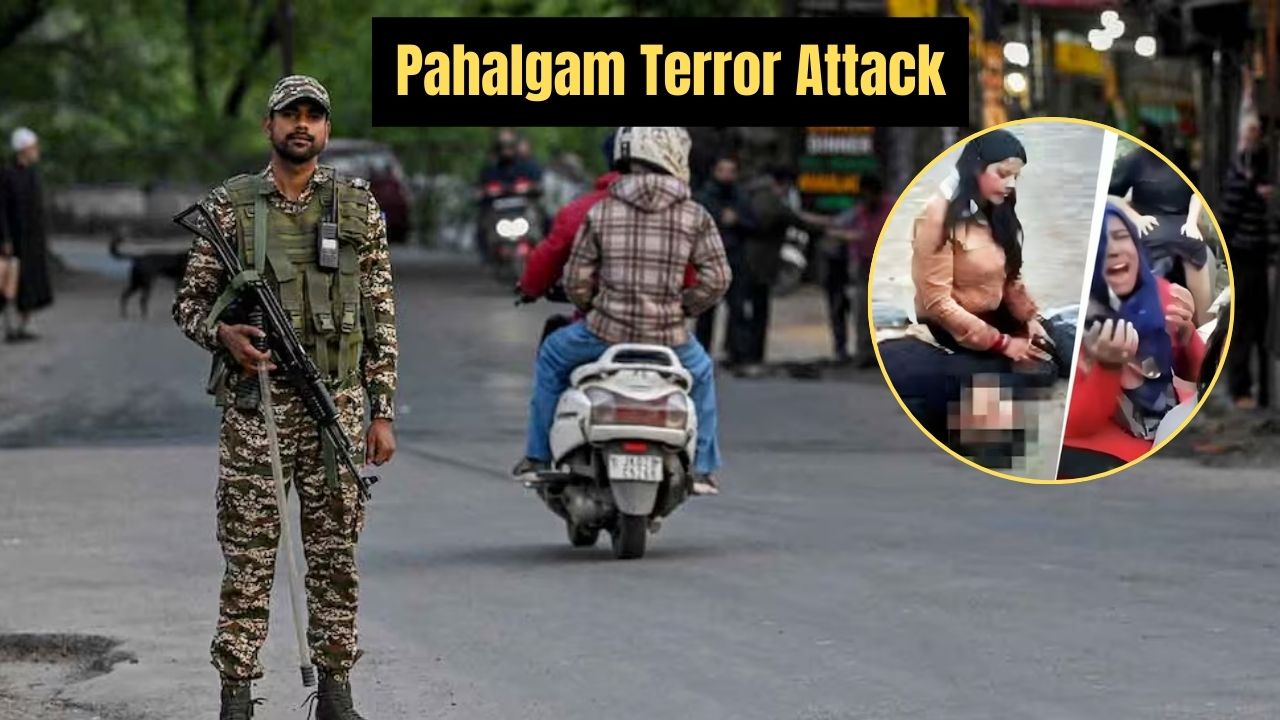14th February 2019 – a date still etched in the hearts of the country. The martyrdom of 40 brave CRPF soldiers in the suicide terrorist attack in Pulwama, Jammu and Kashmir, shocked the entire nation. The impact of this tragedy also slowed down the economy of Jammu and Kashmir.
In Kashmir, often called ‘heaven on earth,’ tourists suddenly stopped coming. Hotel bookings were cancelled, houseboats remained empty, tour guides lost their jobs, and local markets fell silent. Windows of houses stayed closed, and shop shutters remained down. As a result, small traders suffered losses, supply chains were disrupted, and unemployment increased. Now, the recent terrorist attack on tourists in Pahalgam has reminded us of the Pulwama tragedy. Let’s look at how the pace of Jammu and Kashmir’s economy came to a halt due to that attack.
Business and Market Impact
Business Came to a Standstill
The attack caused businesses to come to a halt across the country. The Confederation of All India Traders (CAIT) called for a one-day ‘Bharat Bandh’ in protest. On that day, 7 crore business establishments remained closed, leading to an estimated loss of around ₹25,000 crore.
Foreign Investment Decline
In the three days following the attack, Foreign Portfolio Investors (FPIS) withdrew about ₹6,200 crore from the Indian equity and debt markets. This highlighted concerns over security and rising tensions in the region.
E-Commerce Business Was Affected
After the attack, online shopping and courier services in Kashmir, especially in southern districts like Pulwama, were disrupted. Cash on delivery services were stopped, resulting in a 50% decline in business and significant job losses in the area.
Tourism Hit Hard
Cancellations of Bookings
Following the attack, 80% of tour bookings to Kashmir were cancelled, severely affecting the tourism-dependent economy of the region.
Decline in the Number of Tourists
In the first half of 2019, only 3.54 lakh tourists visited Kashmir, compared to 13 lakh in 2016. Security concerns and travel advisories were the primary reasons for this decline.
International Travel Advisories
Countries like the US, the UK, France, Germany, Canada, and Australia issued strict travel advisories for Kashmir, which resulted in a major reduction in the number of foreign tourists visiting the region.
Surge in Air Fares
Following the attack, airfares to Srinagar soared. For example, a one-way fare from Mumbai to Srinagar reached ₹41,000, up from the usual ₹9,000-₹12,000, indicating increased demand and operational challenges.
Widespread Economic and Social Impact
Tourists Shifted Preferences
After the attack, many tourists considered Kashmir unsafe and instead turned to destinations like Himachal Pradesh, Uttarakhand, and the Northeast states. This shift affected local businesses in Kashmir that relied on tourism.
Discrimination Against Kashmiri People
Following the attack, Kashmiri students and traders faced discrimination in other parts of the country. This not only fueled social unrest but also led to economic isolation for Kashmiris.
Agricultural Sector Affected
Pulwama, known for its milk and slate production, saw disruptions in its supply chain and market access after the attack. This had a direct impact on the livelihoods of families dependent on agriculture.
Efforts to Restore Trust
Government Support
The government launched promotional campaigns and relief schemes to revive tourism and support affected businesses. Local hotel owners and tour operators also worked together to attract tourists back by offering discounts and creating a sense of trust and safety.
